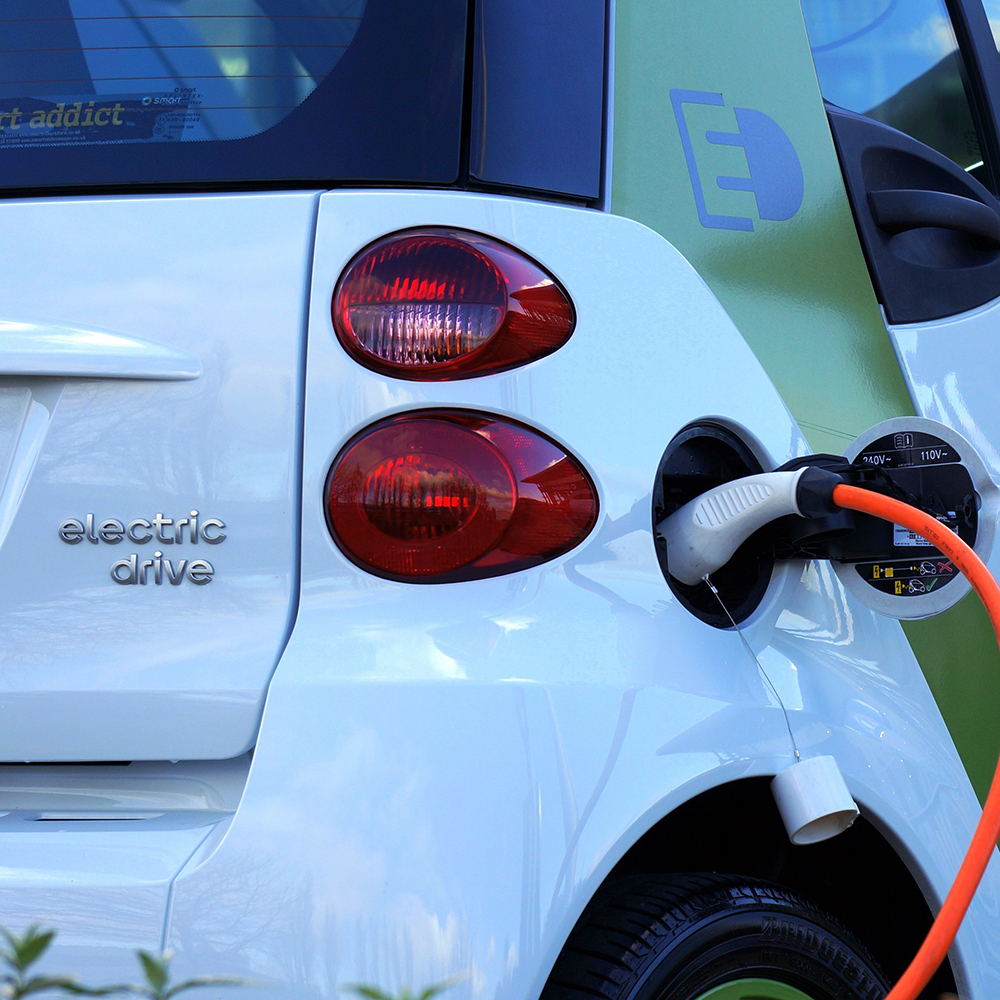Let’s first look at indisputable facts. Carbon dioxide level as a portion of our atmosphere is now 425 parts per million (or 0.0425%), as measured at Mauna Loa Observatory in Hawaii, up from 317 PPM in 1960. (About 500 million years ago, CO2 reached 7,000 PPM.)
To understand just how minute today’s carbon concentration is, picture a stadium with a capacity of 100,000, each seat representing one part of the atmosphere. A mere 42.5 of those seats would represent CO2, the rest made up primarily of nitrogen (78%), oxygen (21%), argon (0.9%) and other gases (0.1%) that includes CO2.
It gets more interesting. Of those 42.5 seats, only 13 or 14 represent man’s CO2 contributions. (Or fewer – H. Sterling Burnett of the Heartland Institute is not convinced that the entirety of CO2 increases can be attributed to man – he believes the figure is far lower than the 30% to 33% that is typically floated.)
In other words, human-caused CO2 emissions make up a miniscule fraction of the atmosphere. Yet the climate activists say it’s enough to cause the planet to overheat, that we are in crisis due to man’s post-Industrial Revolution lifestyle. Is this true? There’s some argument about that.
Roy Spencer, a University of Alabama in Huntsville climatologist, notes on his website that, despite a narrative to the contrary, “very little research has ever been funded to search for natural mechanisms of warming … it has simply been assumed that global warming is manmade.”
“This assumption,” he continues, “is rather easy for scientists since we do not have enough accurate global data for a long enough period of time to see whether there are natural warming mechanisms at work.”
A short list of prominent researchers who doubt that human activities have no more than a minimal impact on warming includes Richard Lindzen, emeritus professor of meteorology at the Massachusetts Institute of Technology and a former Harvard professor of dynamic meteorology; Judith Curry, former chair of the School of Earth and Atmospheric Sciences at the Georgia Institute of Technology; University of Alabama in Huntsville professor of atmospheric science and Alabama State Climatologist John Christy; Will Happer, professor of physics, emeritus, Princeton University; and a former U.S. Energy Department director of energy research; and Steven Koonin, a theoretical physicist and an undersecretary for Science, Department of Energy for the Obama administration.
There are others and yes even if we add those to the list they are still in the minority among researchers. But, as Lindzen has said, “consensus has no value as reliable scientific evidence.”
Let’s look at some other factors. The most prevalent greenhouse gas is water vapor, known as clouds. They make up 95% of all greenhouse gases. But the greenhouse effect is also driven by other means, such as ocean biologic, volcanic and animal activity, as well as decaying vegetation. Humanity’s share of this effect is less than 1%.
One other important piece of data that deserves more attention: As much as 40% of humans’ CO2 emissions are absorbed, mostly by plants which need it to survive, rather than released into the atmosphere.
Now back to those Bay Area EVs and their “modest but steady decrease in carbon dioxide emissions” – the accolades heaped on this “achievement” are the equivalent of a participation trophy. This is because Earth’s temperature, an iffy concept to start with, wouldn’t move enough for anyone to notice even with a much larger fleet of EVs buzzing through the streets. For instance, the White House’s agenda to replace gasoline-powered automobiles with EVs “would reduce global temperatures in 2100 by 0.0068 degrees Celsius,” says American Enterprise Institute senior fellow Benjamin Zycher.
So why bother? That’s another good question that should be asked but it’s one the legacy media would never pose. It’s too deeply invested in the climate narrative to seek the truth.
Kerry Jackson is the William Clement Fellow in California Reform at the Pacific Research Institute.

